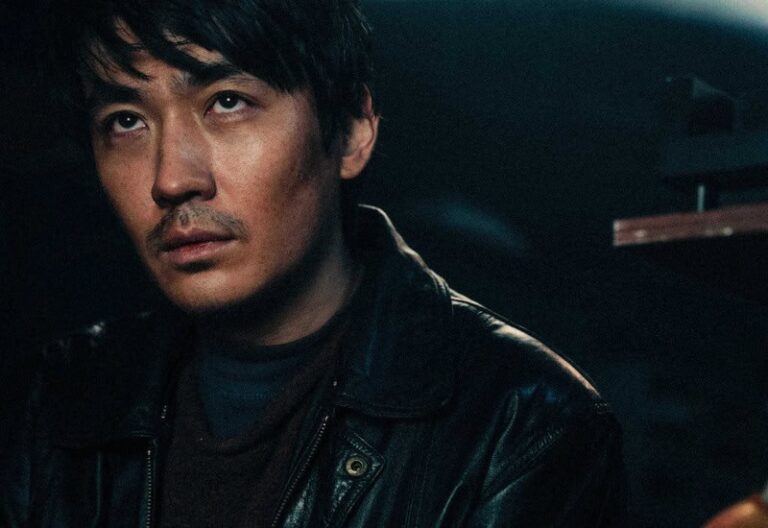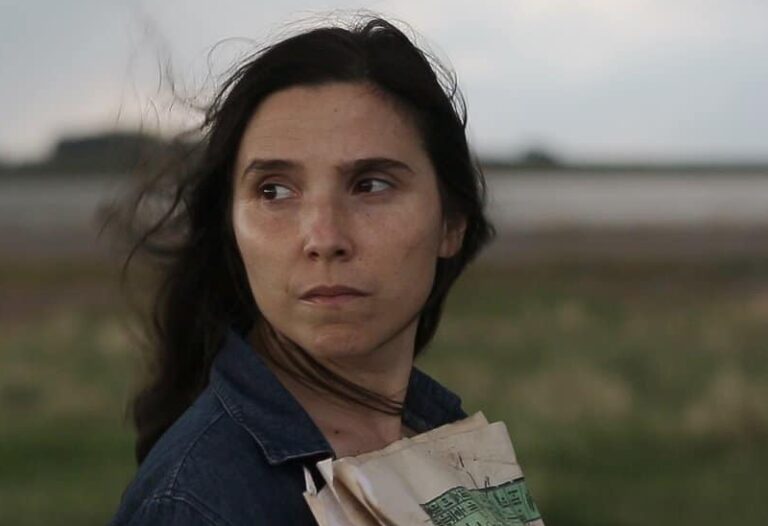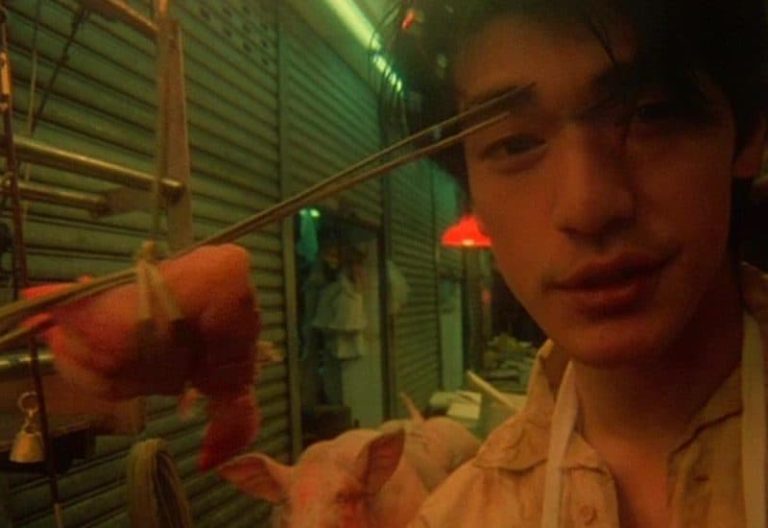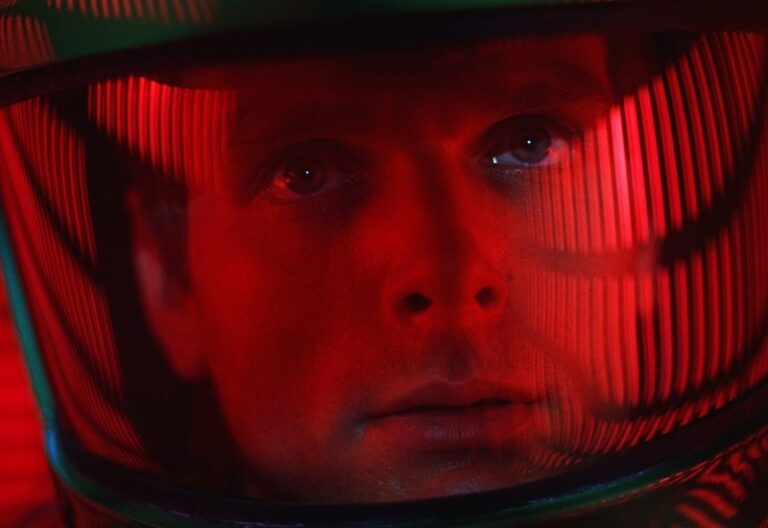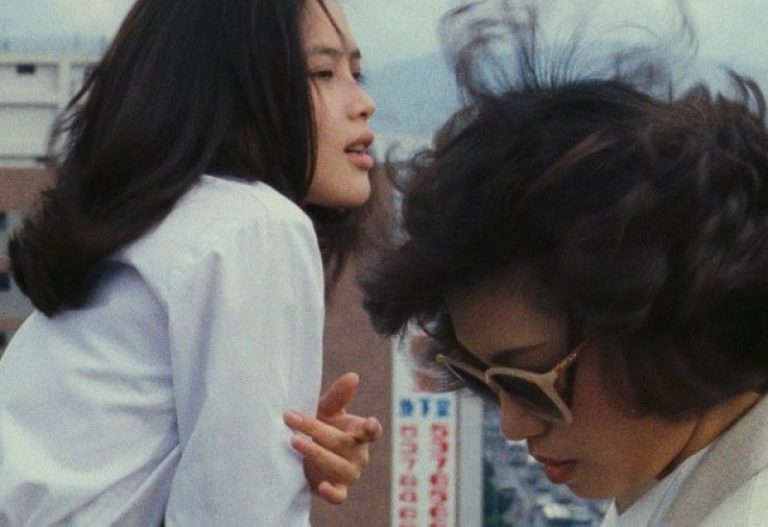platform review
film by Jia Zhangke (2000)
Following the everyday lives of a group of young theater performers from rural Fenyang, spanning the late 70s to the early 90s in the aftermath of China’s Cultural Revolution, the film explores the country’s rebuilding and transition.
Review by: Aaron Jones | Filed Under: Film Reviews
August 29, 2024
As China changes, the influences of the Western world slowly creep in, creating an inevitable chasm between generations and conflicting ideologies. The film juxtaposes collectivism against independence, traditionalism against modernism, and communism against capitalism throughout the landscape of the characters’ lives.
The film subtly portrays this small provincial theater troupe emerging from their arrested development. Disillusioned and alienated, they find themselves without purpose, caught between two divergent, colliding worlds as they discover their own ambitions and process their differentiation from one another. As the demands of adulthood and conformity become insurmountable, the troupe slowly dissolves, and its seduction dilutes, much like the time it represents.
Even though some vestige of China’s former self still rears its head, their coming of age will not yield to growing up amidst drastic changes in social developments. They feel left behind and eager for an escape, represented by trains and cargo boats leaving for unknown destinations while they remain trapped within the confines of their isolated location, as the world passes them by, unaware of their stagnation.

With its dreary, overcast, desolate interiors and natural soundscapes, part of the film’s exposition is communicated through a deliberately oppressive manner embedded in its foundation. The bleak, gray-shrouded skies and constant soundscapes of industry, urban discord, political assemblies, loudspeakers, construction, blaring radios, traffic, and dilapidated infrastructure add their own muted layer to every scene. Jia Zhangke makes use of all the tools in the medium to transcend an invasive environment that offers no relief from its despondent reminders.
Platform carries a deliberately fractured use of time coupled with an intensely reserved and subdued portrayal of standard living conditions under China’s Communist regime. It avoids embellishments and more closely resembles a fly-on-the-wall observation of moment-to-moment conversations, placing us in new scenarios connected through subtle mentions or gestures that signify the passing of time. Time inevitably wears them down, systematically shrinking the chasm and blurring the lines that had previously conveyed the dichotomy between the young and older generations, as the film sometimes disheartenedly displays.
While serving as a history lesson on China towards the end of the 20th century, Platform feels like a personal and impassioned arthouse film about the mores of adolescence under political strife. Due to its subdued style and density, it may take a few viewings to fully appreciate, but it is an extraordinary film.

Author
Reviewed by Aaron Jones. Based in California, he developed a passion for film from a young age and has since viewed over 10,000 films. His appreciation for the medium led him to film criticism, where he now writes for CinemaWaves, offering analysis of both contemporary releases and timeless classics. In addition to his work here, he has contributed to other publications as well. Feel free to follow him on Instagram and Letterboxd.
1990s, Banpo Town, rural China. A woman’s body is found by the river. Ma Zhe, Chief of the Criminal Police, heads up the murder investigation that leads to an…
When her young son Minato starts to behave strangely, his mother feels that there is something wrong. Discovering that a teacher is responsible, she storms…
With the strange disappearance of Laura, two colleagues, her older boyfriend, Rafael, and Ezequiel, learn of their recent discoveries, which may help…
Emerging in the late 20th century, a film movement known as the Hong Kong New Wave, originating from the bustling neon streets of Hong Kong, while captivating global audiences…
Film theory is the academic discipline that explores the nature, essence, and impact of cinema, questioning their narrative structures, cultural contexts, and psychological…
Taiwan New Wave, also known as Taiwan New Cinema, was a film movement that flourished during the 1980s and 1990s. It gained international acclaim for its…

